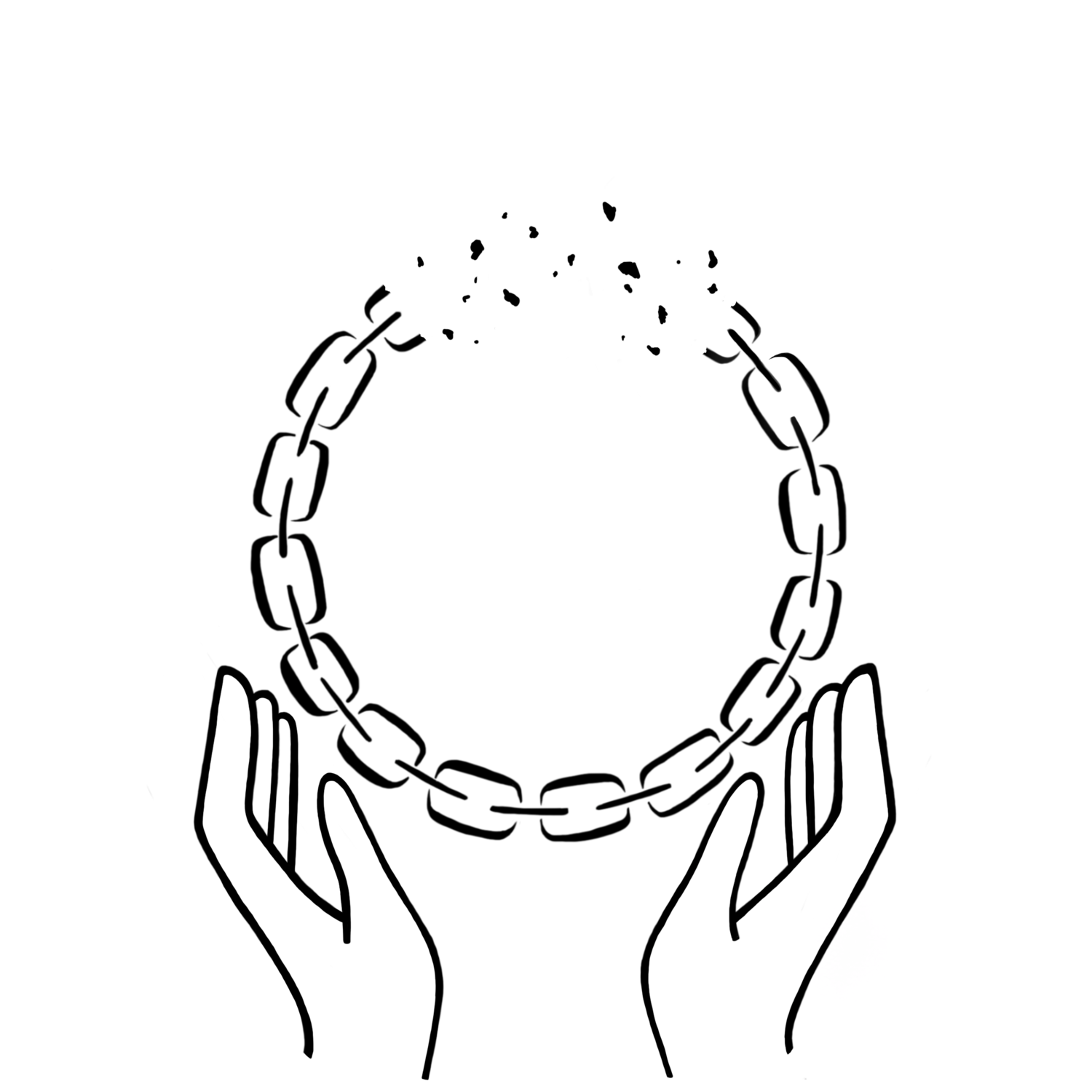Corrections Canada seeks to prohibit Indigenous parolee from speaking to media
On April 14, 2022, Odelia Quewezance of the Saulteaux First Nation was granted day parole in her 30th year in and out of prison for second-degree murder. Odelia and her sister Nerissa, also incarcerated for the same murder, have consistently maintained their innocence. Indeed, Minister of Justice David Lametti agreed on June 1, 2022 that the Quewezances may have experienced a miscarriage of justice when they were arrested, investigated, and tried in 1993 and 1994. Lametti’s office is currently investigating the matter.
During their time in custody, the Quewezances have repeatedly engaged with the parole process, as administered by the Parole Board of Canada. Inmates who maintain their innocence already face an uphill battle at the Parole Board due to the Board’s focus on inmates’ responsibility and accountability for their crimes. However, Odelia Quewezance faced an additional hurdle. As a result of her self-advocacy regarding her innocence, and in particular her involvement in a documentary film about her case, Correctional Service Canada asked the Parole Board at her April 2022 hearing to impose a condition on her release prohibiting her from discussing her case publicly.
While the request was not granted, this situation should raise concerns about the procedural fairness of the Parole Board of Canada as an institution. Indeed, if the Parole Board can entertain requests from agents of the federal government to muzzle an Indigenous woman who may have been wrongfully incarcerated for three decades, what other practices might it have that unfairly compromise prisoners’ rights?
The Parole Board Process
Once an inmate becomes eligible for day parole and completes a day parole application, the Parole Board holds a hearing. The hearing generally begins with submissions from an inmate’s parole officer, usually in written form. The parole officer makes a recommendation for or against day parole, including recommendations for conditions that should be imposed if an inmate is granted day parole. After hearing from the parole officer, the Board then asks the inmate a lengthy series of questions about her index offence, her institutional behaviour, her gains and losses, and in particular her remorse and accountability for her behaviour. The inmate may designate an assistant, who is given a short opportunity to speak at the end of the hearing. Notably, victims may also present statements at hearings.
Odelia Quewezance and the media
At her parole hearing in April 2022, Correctional Service Canada (CSC) sought that Odelia Quewezance be prohibited from speaking to the media via imposition of a special condition on her parole per s. 133(3) of the Corrections and Conditional Release Act. At a parole hearing, the Board may impose any condition “that it considers reasonable and necessary to protect society and to facilitate the offender’s successful reintegration into society”.
The Board decision notes that Odelia participated in a documentary exploring the circumstances surrounding her case. The decision continues that in December 2021, CSC received a Victim Impact Statement stating that Odelia’s actions were re-traumatizing the victim’s family. Odelia subsequently agreed to cease correspondence with media regarding her case. According to the Board, Odelia “acknowledged that [she] caused harm to the victim’s family through media contact and accepted responsibility [for her] actions.”
These events are troubling due to their implications for inmates’ freedom of speech and legitimate claims of innocence. Instead of treating Odelia’s media communications as a real account of her life experiences, the Board treated them as activity harmful to a victim’s family and therefore undesirable. The decision does not acknowledge either the healing Odelia may be experiencing by sharing her story or the importance of evaluating whether her conviction was wrongful. Indeed, the decision weighs the importance of Odelia’s freedom of speech against the pain of the victim’s family. While the Board did not explicitly prohibit Odelia from discussing her case, it cautioned, “the Board reminds you to be mindful of how your public actions may impact the victims of your index offence.”
Odelia Quewezance will certainly be before the Parole Board again on her application for full parole. If she continues to speak to the media, will that be held against her at subsequent hearings? Will she be required to continue placing the pain of the victim’s family ahead of her own quest for justice? Regardless of the answer, it’s concerning that CSC was able to ask for a prohibition against an inmate speaking to the media, and even more concerning that the Parole Board seriously entertained the prospect.
This article was originally published by The Lawyer's Daily, (www.thelawyersdaily.ca) a division of LexisNexis Canada.
